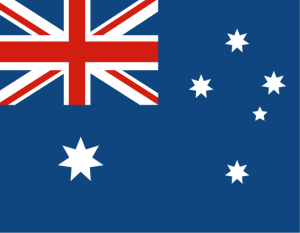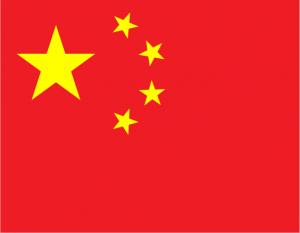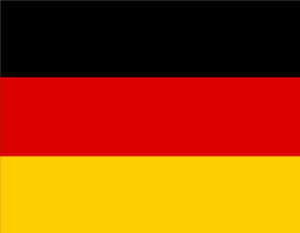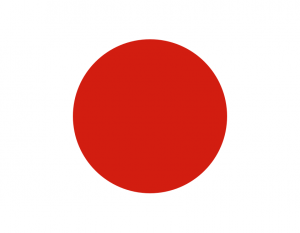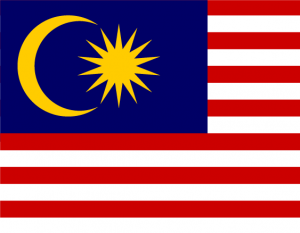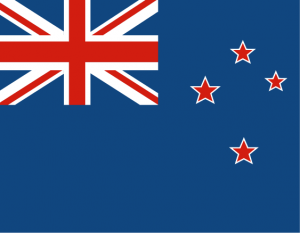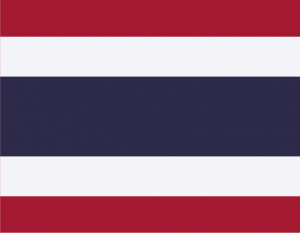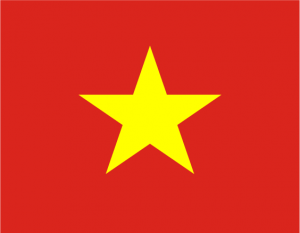Home > Global Business Expansion > Business with China
Why does China have two currencies?

Chinese money comes by two names: the Yuan (CNY) and the people’s renminbi (RMB). Confusingly, both have the same bank notes, but, crucially, they are not worth the same.
The difference comes in where the currency is settled and the hints come in the ISO codes for the currency; one is called the CNY and one the CNH. The former is used in the domestic economy and the latter for international trade.
A brief history of China’s currency
China’s currency is officially called the renminbi, meaning “the people’s currency” in Mandarin, and the yuan is actually the unit of account. It was first issued by the People’s Bank of China in 1948 and whilst the two terms are used interchangeably the relationship is similar to that of sterling and pounds in the UK.
Back in the days before China was the industrial and economic behemoth that it is now, the Chinese economy was relatively closed and the conversion of international currency was heavily restricted. The Chinese government wanted to make sure that it held control of the money in the economy and to limit the amount of currency and wealth that could flow out of the country.
Why China needs two currencies
As China began to grow and become the beating heart of manufacturing and industrial work in the late 90s and 2000s, more and more money was flowing into the country from eager consumers, especially in the west. Creating a parallel currency, settled in China-Hong Kong, was the way that they decided to do it and banks were able to start trading the new CNH currency from 2004.
- Open 10+ local currency accounts with local account details
- Direct CNH payments to 1688.com
- Pay suppliers, partners and staff in 40+ currencies and 130+ destinations
- Collect secure payments from 100+ marketplaces and payment gateways, including Amazon, AliExpress, Paypal and Shopify
- Lock in currency conversion rates for up to 24 months
What are the key differences between CNY and CNH?
The main differences between the two currencies are the regulations and restrictions imposed upon them and their use.
In essence; transactions in CNY are restricted while there are none on CNH. Lastly, and most distinctly, while the local value of CNY is still dictated by the People’s Bank of China, the CNH is freely tradeable like most other currencies. This can lead to the value of the currencies diverging and on any day of the week an offshore yuan (CNH) being valued by the markets as worth more or less than one available on the Chinese mainland (CNY).
Typically the values will diverge depending on liquidity – ie how easily traders can get hold of a currency and the overall flows into the Chinese currency around Chinese New Year. Similarly, if the People’s Bank of China is to intervene in markets then it will use the CNH to do so.


Why does China have two currencies?
Chinese money has two names that are often used interchangeably. Find out the key differences between CNH and CNY.
Jun / 2024- Almost 1,000,000 businesses have sent USD$150B around the world with WorldFirst and its partner brands since 2004
- Your money is safeguarded with leading financial institutions





















































